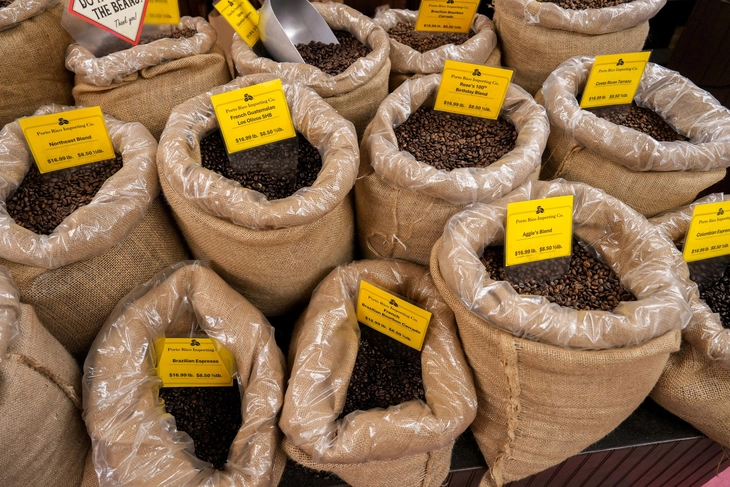
Brazilian coffee on sale in US stores on July 15 - Photo: REUTERS
The Financial Times reported on September 12 that retail coffee prices in the US are climbing at their fastest pace since the early 2000s, amid declining global supplies and new import tariffs from Brazil - the world's largest coffee producer - pushing up costs.
According to data released on September 12 by the US Bureau of Labor Statistics (BLS), the price of ground coffee at grocery stores reached a record $8.87 per pound (equivalent to $19.5 per kilogram) in August. In addition, the price of coffee that American consumers had to pay compared to the same period last year increased by an average of 21% - the highest level since 1997.
The rally comes after poor harvests in key exporting countries led to a drop in global coffee production.
In the US, the situation became even more tense when in July, President Trump imposed a 50% tariff on coffee imported from Brazil. Brazil supplies about a third of the coffee consumed in the US, especially the high-end Arabica coffee.
According to data from shipping service Vizion, the amount of Brazilian coffee imported into the US has fallen by half so far this year, and in August alone it was down more than 75% compared to the same period last year. Imports from other major producers such as Vietnam and Colombia have not been enough to make up the shortfall.
Thijs Geijer, senior economist for food and agriculture at ING Bank, warned that the current coffee inventories only temporarily cushion the impact.
“But if Americans continue to drink coffee at the current rate, those reserves will quickly run out. Sooner or later, more shipments will be needed, but the question now is: where will we get them?” he said.
The US food retail industry is now lobbying the government to exempt items that cannot be grown domestically at a reasonable cost from tariffs.
Last week, the White House added coffee to a list of products that could see tariffs reduced if the US reaches new trade deals with exporting countries.
U.S. consumers may not feel the full impact of the tariffs yet, Mr. Geijer said, because coffee from Brazil takes up to 20 days to arrive in the U.S. and needs to be roasted. Much of the impact on retail prices is expected to be felt in October or November.
“Even then, whether coffee prices suddenly increase or not depends on whether roasters pass on these increased costs to retail prices immediately or gradually,” he said.
The coffee price increase comes as food inflation in the US is returning, with consumer prices rising 2.9% in August compared to the same period last year, the highest increase since January.
Source: https://tuoitre.vn/gia-ca-phe-ban-le-tai-my-tang-cao-nhat-trong-25-nam-do-ap-thue-brazil-50-20250912110508579.htm



![[Photo] Prime Minister Pham Minh Chinh chairs the second meeting of the Steering Committee on private economic development.](https://vphoto.vietnam.vn/thumb/1200x675/vietnam/resource/IMAGE/2025/11/01/1762006716873_dsc-9145-jpg.webp)








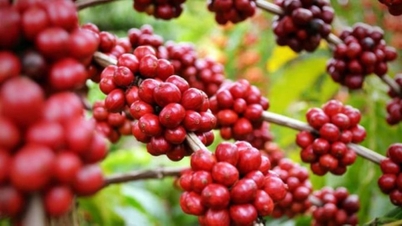

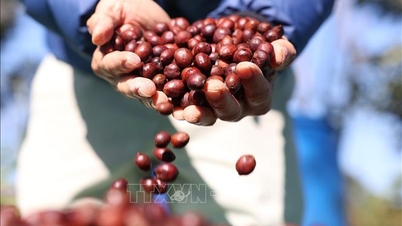



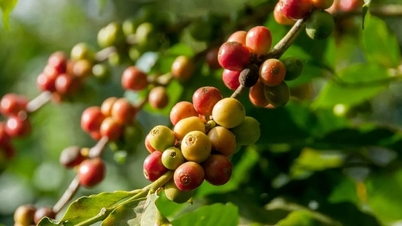
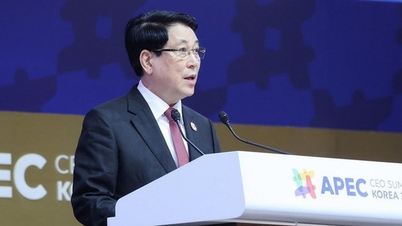
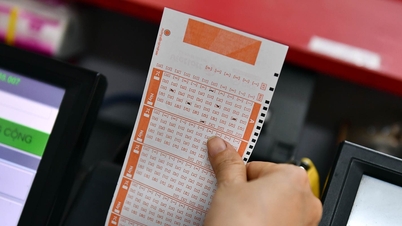


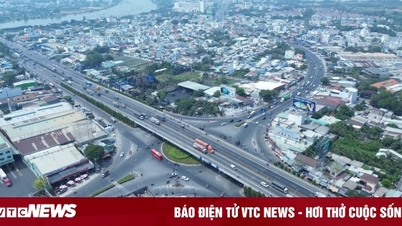

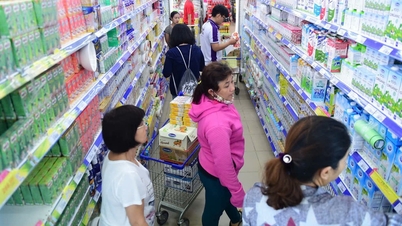
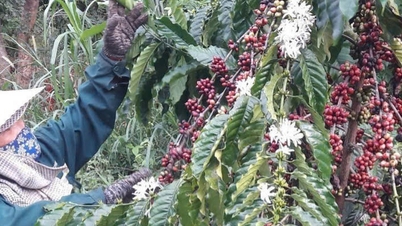




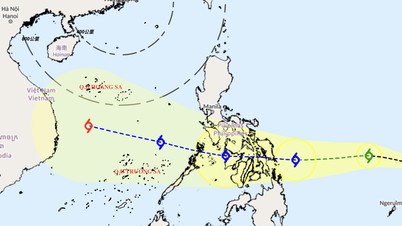


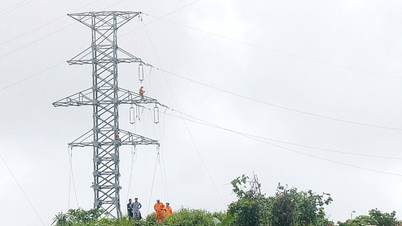









































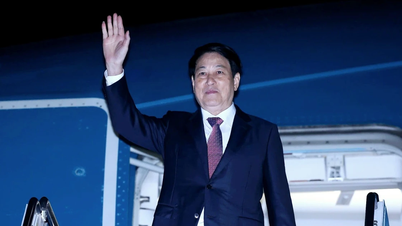



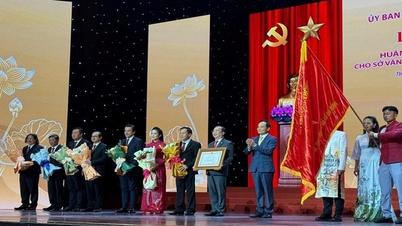
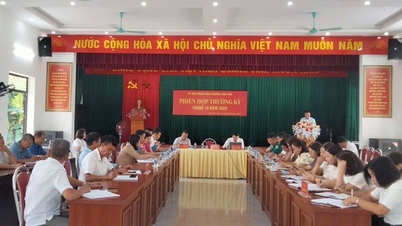

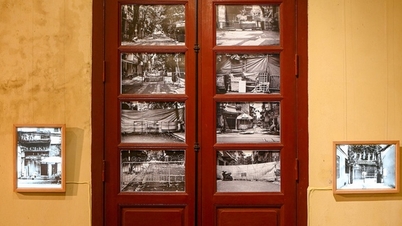










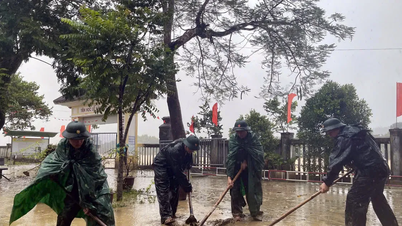


















Comment (0)